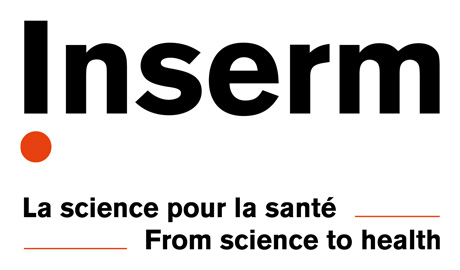





Type of contract CDD
Location Bordeaux, France
Statut Available
Key Words neuroscience, analgesic, neurophysiology
Details of the offer
Place of work: CERVO team / CNRS
Missions:
Our laboratory in Bordeaux has demonstrated the analgesic role of the neuropeptide relaxin-3 in mouse models of chronic pain. We have identified a circuit in which relaxin-3 neurons in the Nucleus Incertus (NI) project to the anterior cingulate cortex (ACC). Our aim is now to develop a minimally invasive closed-loop system to control the release of relaxin-3 in the ACC. The aim is to adapt in real time, and optimise, the release of endogenous relaxin-3 according to the body's response to nociceptive stimulation in order to obtain the most effective analgesic effect.
The project has three complementary objectives:
O1. Development of a biosensor for relaxin-3 and in vitro validation (Quebec). The development of a relaxin-3 biosensor was initiated at the CERVO centre. It is based on a circularly permuted green fluorescent protein (cpGFP) inserted into the intracellular loop 3 sequence of the receptor endogen (RXFP3). This prototype will be optimised by multiple cycles of directed evolution to generate libraries of mutants for screening in HEK cells. In each screening series, the impact of these mutations will be examined on expression levels, fluorescence, response and affinity to relaxin-3. This directed evolution used in biosensor engineering mimics the process of natural selection to evolve this chimeric protein into a robust and sensitive tool for relaxin-3 detection. Optimised versions will be packaged into AAVs for expression and characterisation in cultured neurons.
O2. In vivo validation of the biosensor (Bordeaux). AAVs expressing the biosensor will be injected into the ACC of mice. The release of relaxin-3 will be forced by optogenetic stimulation of NI neurons, and the response of the biosensor will be used to assess its efficacy in vivo. In mouse models of inflammatory (CFA) and neuropathic (cuff) pain, the release of endogenous relaxin-3 will be measured in response to peripheral mechanical and thermal nociceptive stimuli, and correlated with behavioural data.
O3. Closed-loop modulation of relaxin-3 neuron activation (Quebec and Bordeaux). The CERVO team has designed a wireless microelectronic platform for recording fluorescence signals and optogenetic stimulation in moving animal models. Minimally invasive, it has been validated in transgenic mice engaged in complex behaviours and offers closed-loop neuronal interaction with virtually zero latency. For the first time, this system will be used to record the fluorescence of a biosensor in the ACC and in turn modulate the activation of relaxin-3 neurons in the NI.
Type of job
Type of contract CDD
Application deadline
Employment start date 01/11/2025
Contact